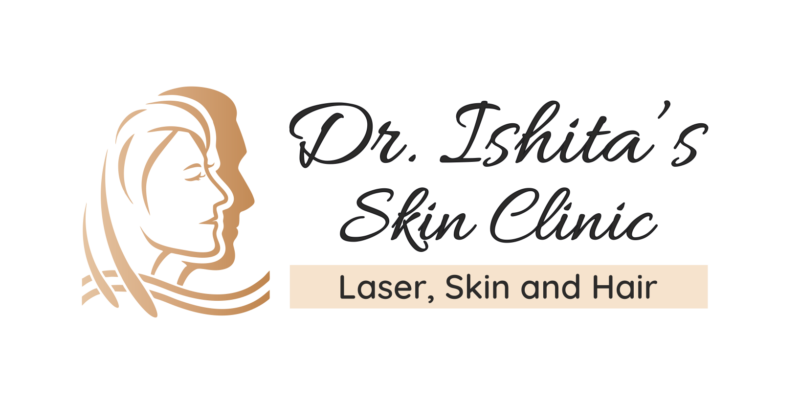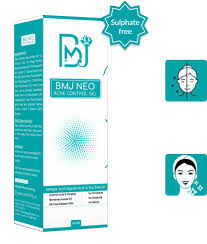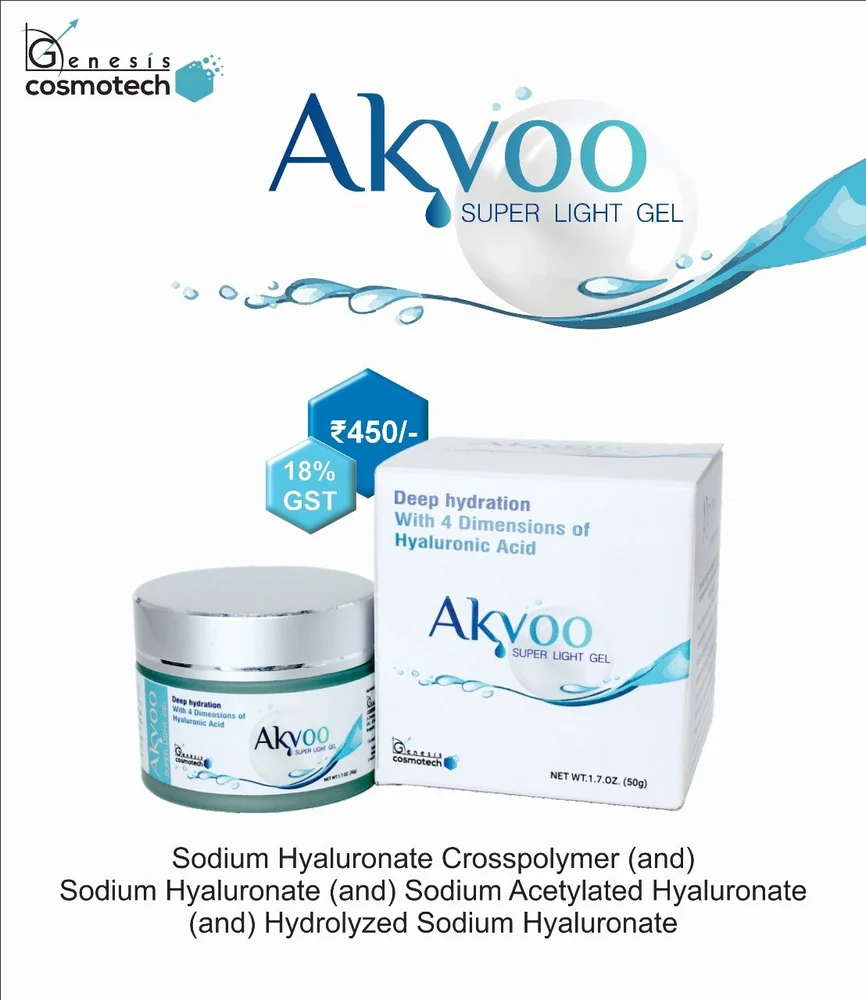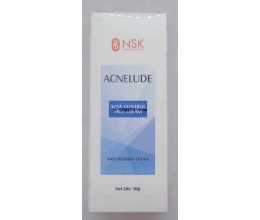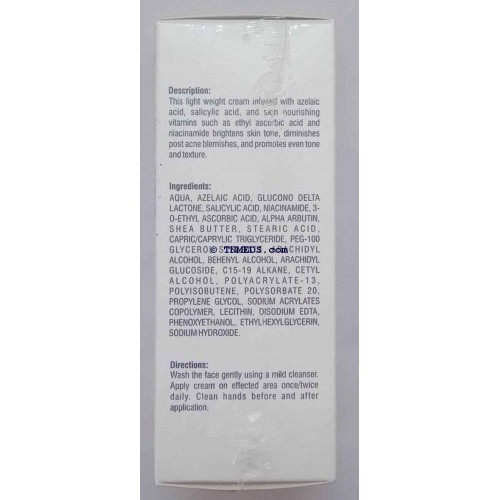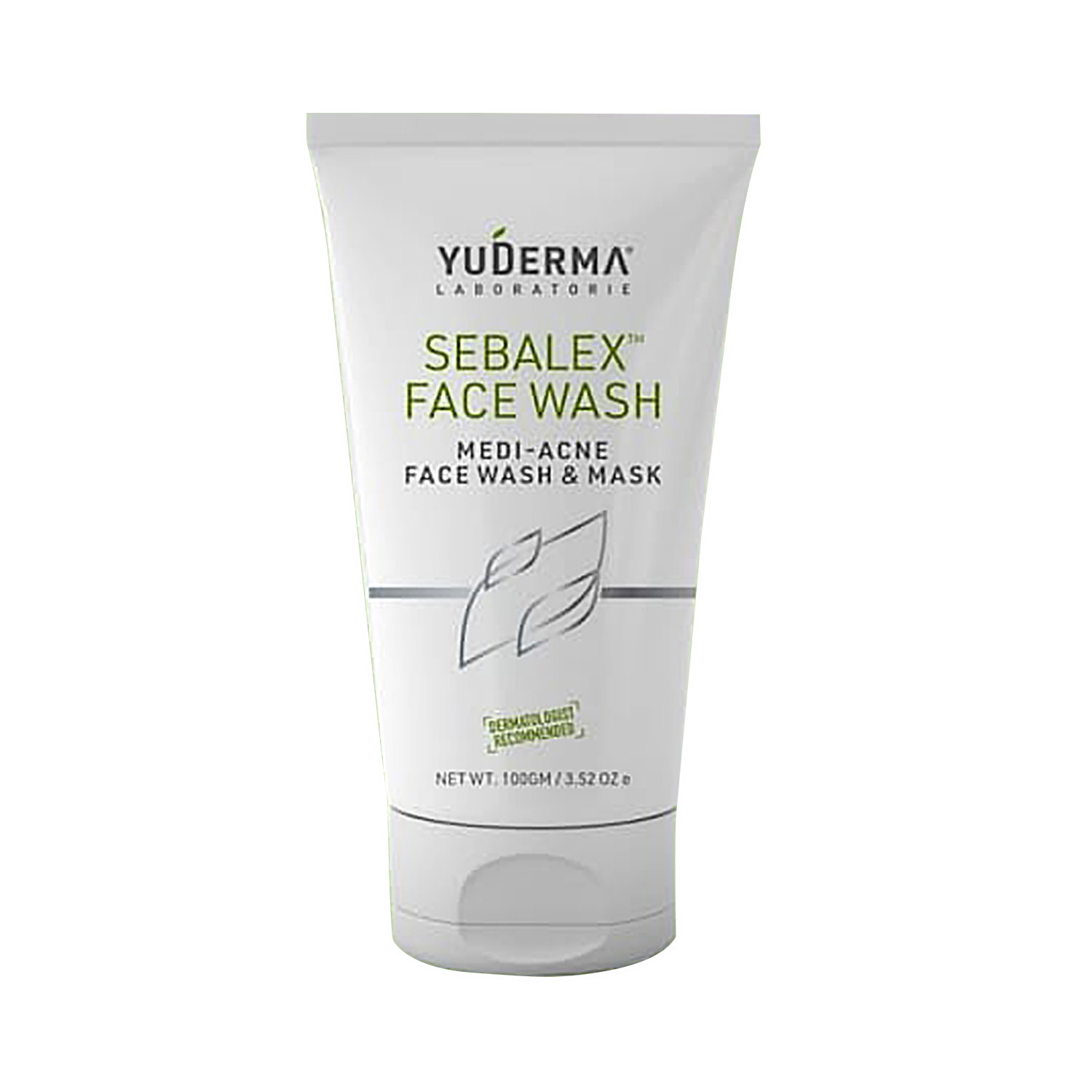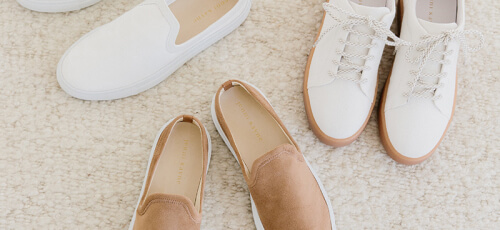Acne
Understanding Acne: Causes, Treatments, and Maintenance
Acne is one of the most common skin concerns affecting people of all ages. It not only impacts physical appearance but can also lower self-esteem and confidence. At BeautybyIshita, we believe in providing both professional treatments and home-care solutions to help you combat acne effectively.
What is Acne?
Acne occurs when hair follicles become clogged with oil, dead skin cells, and bacteria, leading to inflammation. The result is blackheads, whiteheads, pimples, or in more severe cases, cysts and nodules. While it is most commonly seen in teenagers, acne can affect people of all ages due to factors like hormonal fluctuations, stress, and lifestyle habits.
Why Do We Get Acne?
- Hormonal Changes: Hormonal imbalances, especially during puberty, menstruation, pregnancy, and menopause, can trigger excess oil production, leading to acne.
- Excess Sebum: Overproduction of oil by sebaceous glands clogs pores, trapping bacteria and causing inflammation.
- Bacteria: Propionibacterium acnes, a type of bacteria, thrives in clogged pores and leads to acne breakouts.
- Diet and Lifestyle: High consumption of processed foods, sugar, and dairy can worsen acne. Additionally, stress and lack of sleep can increase the severity of acne.
- Improper Skincare: Using products that clog pores or are too harsh for your skin type can exacerbate acne.
How to Treat Acne: Professional and At-Home Care
1. In-Clinic Treatments
For stubborn acne that doesn’t respond to home care, professional treatments can offer more targeted solutions. Some of the most effective treatments include:
Chemical Peels: This involves the application of a chemical solution to exfoliate the top layers of the skin, promoting cell turnover. Chemical peels help unclog pores, reduce oil production, and minimize acne scars over time. Options include glycolic acid, salicylic acid, and lactic acid peels, depending on the severity of your acne.
Microdermabrasion: This treatment gently exfoliates the skin to remove dead cells and stimulate the production of collagen. It’s ideal for mild acne and can improve skin texture.
Laser Therapy: Laser treatments target the underlying causes of acne by killing bacteria, reducing oil production, and decreasing inflammation. They can also be effective in reducing acne scars.
Microneedling: This procedure creates micro-injuries in the skin to stimulate collagen production, which helps with acne scars and texture issues. Combined with serums, microneedling can accelerate healing and reduce inflammation.
2. Home Care Solutions
Effective skincare routines play a crucial role in controlling acne:
Topical Treatments:
- Benzoyl Peroxide: Helps reduce bacteria and prevent new pimples.
- Salicylic Acid: Unclogs pores and exfoliates the skin, reducing blackheads and whiteheads.
- Niacinamide: Reduces inflammation and controls sebum production.
- Retinoids: Promote cell turnover, preventing clogged pores, and are excellent for treating acne and acne scars.
- Alpha Hydroxy Acids (AHAs): Help to exfoliate the skin and reduce the appearance of acne scars.
Gentle Cleansing: Use a non-comedogenic, sulfate-free cleanser to wash your face twice a day to remove dirt, oil, and bacteria without stripping your skin.
Moisturizing: Even acne-prone skin needs moisture. Opt for oil-free, lightweight moisturizers that won’t clog pores.
Sun Protection: Sunscreen is essential to protect the skin, especially after treatments like chemical peels. Choose non-comedogenic, broad-spectrum sunscreens to avoid breakouts.
3. Lifestyle Changes for Acne Control
Incorporating lifestyle changes can help prevent and manage acne in the long run:
Balanced Diet: Include more whole foods like fruits, vegetables, and lean proteins. Avoid excessive sugar, dairy, and processed foods, which can trigger acne flare-ups.
Hydration: Drinking enough water helps flush out toxins and maintain skin hydration, which can reduce the likelihood of breakouts.
Regular Exercise: Exercise helps regulate hormones and reduce stress. Just make sure to shower and cleanse your skin after working out to remove sweat and bacteria.
Stress Management: Stress triggers the production of cortisol, which can increase oil production. Incorporating meditation, yoga, or breathing exercises into your daily routine can help reduce stress levels.
Sleep: Lack of sleep can lead to increased inflammation and hormone imbalance, which worsens acne. Aim for 7-8 hours of quality sleep each night.
Maintaining Clear Skin
Consistency is key when it comes to treating and preventing acne. After your acne is under control, follow a simple but effective skincare routine to maintain results. Regular check-ins with a skincare professional and tweaking your routine as needed can ensure long-term results.
At BeautybyIshita, we offer both professional treatments and expert advice on home care. Whether you’re dealing with occasional breakouts or chronic acne, we’re here to help you achieve clearer, healthier skin. Contact us today to schedule a consultation.
